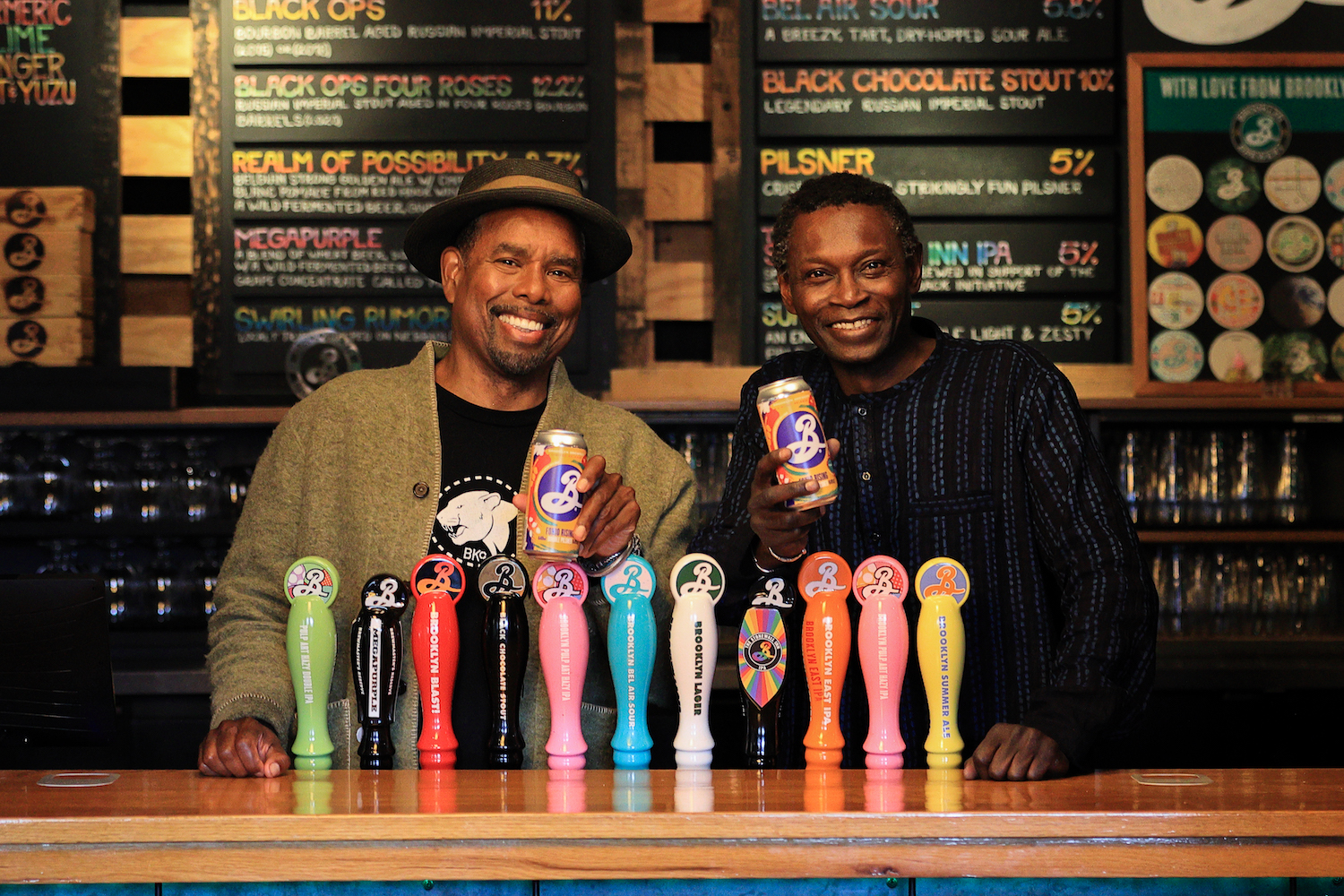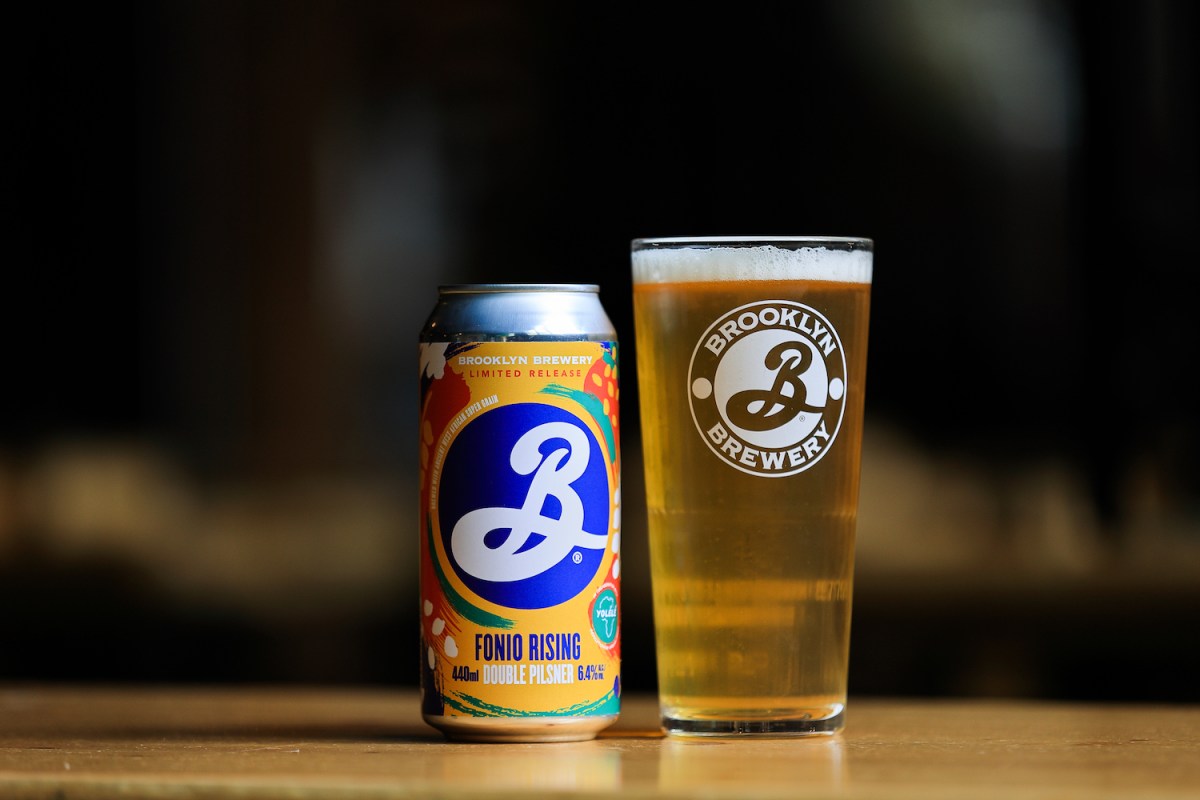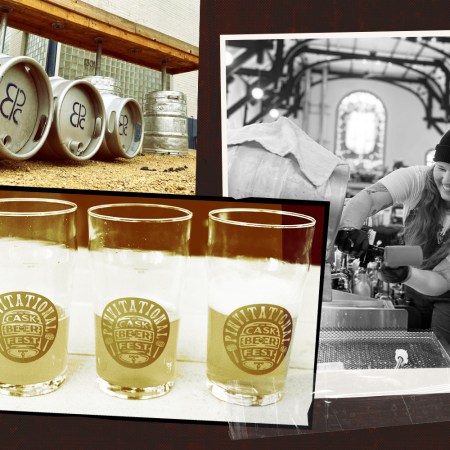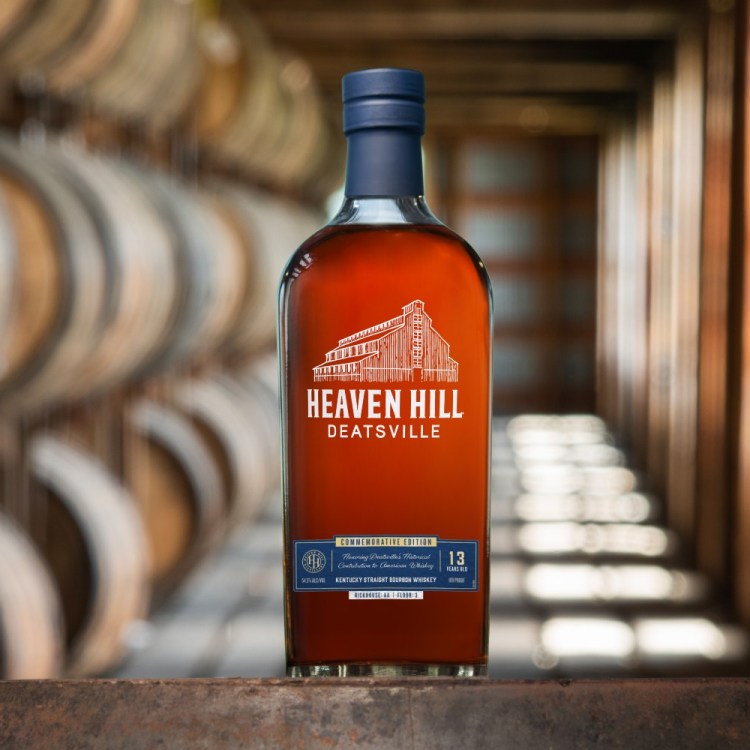A new beer from Brooklyn Brewery is looking to bring fonio, a grain native to West Africa that grows well in our current climate change moment, to the mainstream with a new beer called Fonio Rising. The beer will be sold in Whole Foods stores nationwide in October and is made in partnership with Yolélé, a company that focuses on processing and promoting African grains and other ingredients that currently get less attention.
Fonio is part of the millet family. It’s been grown in West Africa for more than 5,000 years, and because of its nutritional value, it’s known in Mali as the “seed of the universe.” The grain first entered the radar of Brooklyn Brewery brewmaster Garrett Oliver after he watched a TED Talk by Yolélé owner and Senegalese chef Pierre Thiam. Thiam founded Yolélé in 2017, and its first focus was fonio. In addition to beer partnerships, the grain is used for chips and pilaf.
According to The Guardian, fonio is believed to be Africa’s oldest cultivated cereal grain. It also has a history in beer on the continent. A fonio beer called tchapalo is made in Burkina Faso and Togo, while a Senegalese brewery, La Maison Kalao, makes a popular blonde fonio beer. Oliver described the flavor from fonio to The Guardian as creamy, floral and fruity like lychee, with a “slight bitterness” like sake.
Fonio Rising isn’t the first time Brooklyn Brewery has worked with the grain. Fonio Rising Double Pilsner debuted in 2019, and in 2022, Brooklyn Brewery made a regionally-available fonio white beer; a 2022 review said “if you didn’t know the beer was a specially-designed product made with unusual-to-the-American-palate grain, fonio, you’d easily believe it was just a delectable, slightly fruity, white beer.”

The ongoing commitment, as well as the nationwide distribution for the 2023 release, showcases how breweries can use the grain on a more consistent basis. “No fertilizers, no irrigation, no pesticides, no insecticides, no fungicides — nothing,” Oliver said in a press release. “Whether you look at it from an environmental perspective, a social benefit perspective for the farming communities or from a brewing perspective, fonio is so good that it seems like someone must have just made it up. But fonio is real, and Africa grows 700,000 tons of it every year. Fonio is easy to brew with and gives beautiful flavors to beer. This is very exciting stuff, and I can easily envision a future where fonio is widely used as an everyday brewing ingredient, bringing vast benefits to brewers, beer drinkers, farmers and the planet.”
Colonial France did not see the same sustaining value. They called it “hungry rice” in the late 1800s when they occupied present-day Mali and Senegal, preferring instead rice and European grains for food and converting farms to cash crops like cotton.
How Cold IPA Became the Hottest New Craft Beer Style
And why it’s the perfect beer for this moment in timeBut Brooklyn Brewery holds a powerful position to make changes and introduce new techniques to the craft beer world. It’s owned in part by Japanese brewing conglomerate Kirin and is distributed in Europe and Asia by beer giant Carlsberg. These both help extend Brooklyn Brewery’s reach and influence, as the brand is sold in more than 30 countries on five continents.
While far from the top (or even the middle) of the list of secondary grains to make beer, fonio has been picked up by a handful of other breweries. Cajun Fire Brewing Co. in New Orleans used it in 2021 with its beer Seed, Stalk And Root, and UK brewer Brewgooder made a session IPA in collaboration with Brooklyn Brewery using 10% fonio grains.
The benefits of using fonio in addition to or in replacement of other grains is clear. From sowing to harvest, fonio can take as little as 42 days. Barley typically takes between 60 to 70 days in optimum conditions, while wheat can take eight months, rice between three and six months and corn two to three months.
Crucially, from a water use perspective, fonio doesn’t need to go through the malting process like barley. Malting is highly water intensive and the main reason that barley has such a big water footprint. Others are approaching the water issue in other ways, like new brewery Cool Cousin Brewing, which brews barley-based beers without malting to lower the amount of water needed. By some measures, some 90% of the water used to make beer goes to growing and preparing the grains. Not to mention barley thrives in a narrow temperature range of 69 to 77 degrees Fahrenheit. The CEO of Asahi recently said that because of the effects of climate change, they (the seventh largest brewing company in the world) might not be able to make enough beer as key growing regions see lower yields.
However, while it grows fast and efficiently, processing fonio can be labor-intensive because of the lack of investment. Yolélé is involved in these efforts. Using a $2 million grant from USAID, Yolélé is building the first industrial-scale fonio processing facility in Mali to help build a global supply chain. The equipment will be able to mill two-to-four tons of fonio per hour when it’s completed in 2024, according to a press release, compared to the 50 to 100 kilograms that can be processed by hand. The mill will also use 40 times less water than needed to rinse out dirt and sand.
Fonio is naturally nutritious and gluten free. It’s also highly adapted to the land that it’s native to. Plus, it helps the people: those who grow fonio are predominantly women-led smallholder farms in West Africa, according to Brooklyn Brewery.
There’s no question that climate change will impact beer as we know it. But if part of that impact means supporting flavorful traditional crops and investing in the people who grow them, it may be a lot easier to get brewers behind certain sustainability measures.
Every Thursday, our resident experts see to it that you’re up to date on the latest from the world of drinks. Trend reports, bottle reviews, cocktail recipes and more. Sign up for THE SPILL now.


























